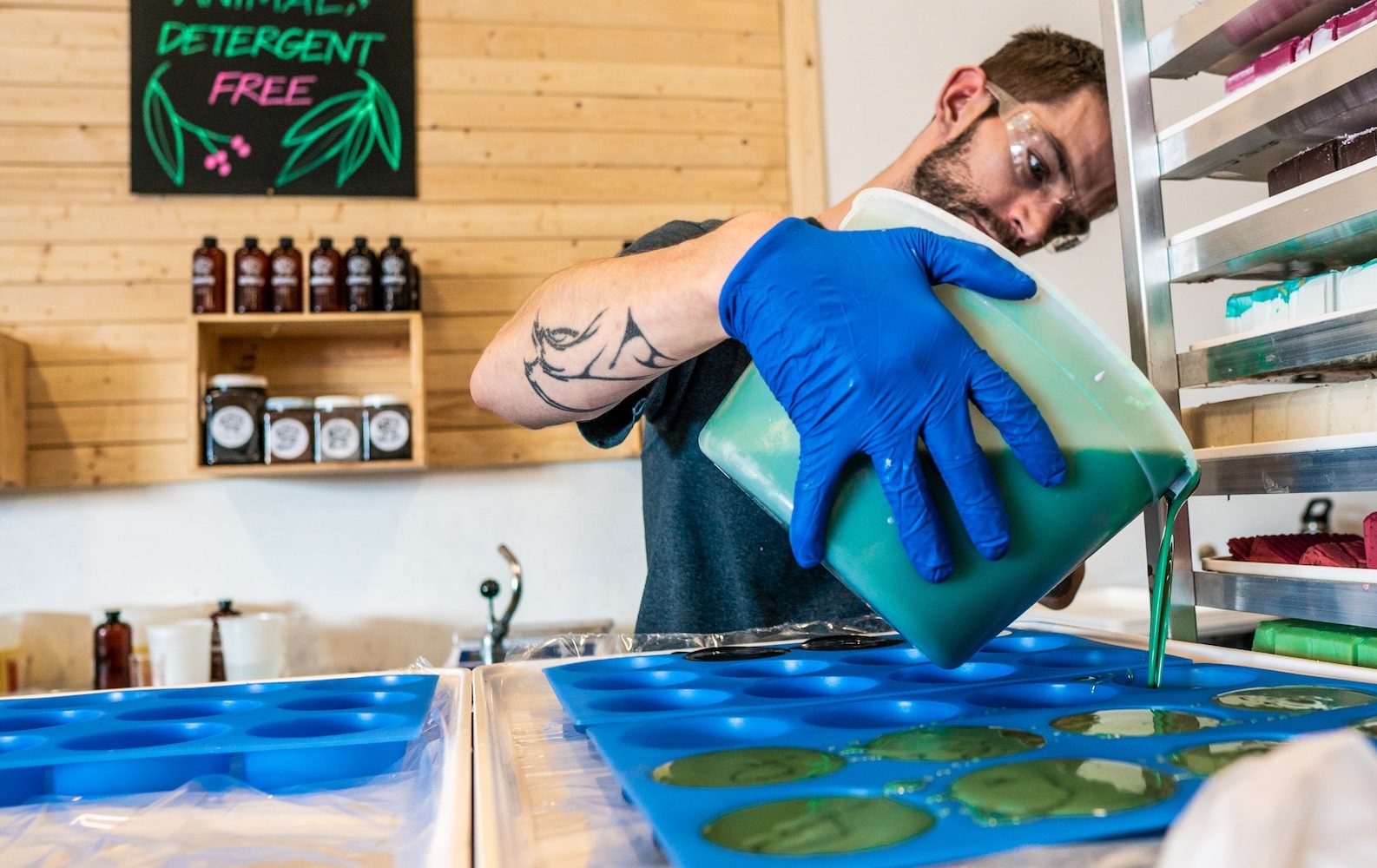
Growing Chain Buff City Soap Takes The Mystery Out Of The Soap-Making Process
Nothing comes between Buff City Soap’s manufacturing and its customers.
The 14-unit chain takes soap production out of kitchens and factories, and into stores to peel back the layers of brand bureaucracy separating shoppers from the origins of their personal care. And its bare-it-all retail business is on the move with at least 20 franchise locations planned annually in each of the next five years.
“I’m a blue-collar dude with a J.D. I enjoy being the disruptor. I know there’s not a lot of people or really anybody in this space in the way that I am,” says Brad Kellum, founder and CEO of Buff City Soap. “I industrialized a traditionally artisan space. I’m not from the space, so maybe I had a different eye.”
Kellum’s blue collar-to-beauty industry path begun at the age of 40 when he left his job as a paramedic firefighter to enter law school at Nashville School of Law in pursuit of a career that wasn’t hard on his maturing body. Wooed by a strong WiFi signal and good snacks, he’d often study at Whole Foods, where he decided to pick up a natural bar of soap.
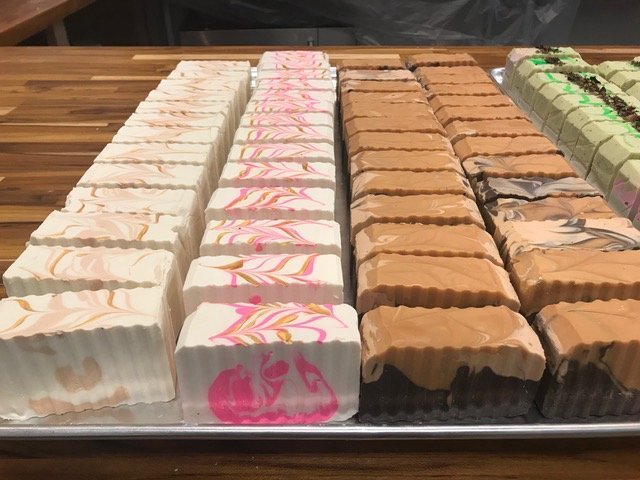
The soap was a revelation. Kellum had always purchased Dial or whatever bar was available for a low price at the local grocer, but he was blown away by the smell, feel and effectiveness of the Whole Foods soap. He discovered the soap lacked the common ingredient sodium tallowate or fatty tissue from animals and, roping in girlfriend Jennifer Ziemianin, set out to perfect bar soap that also stuck to plant ingredients.
“I literally went around to grocery stores, hobby stores, Lowe’s and Home Depot, and bought what it took to make a batch of cold-pressed soap,” recalls Kellum. “I started experimenting with recipes and, after a couple months of gelatinous messes, I arrived at a recipe that makes a really nice hard bar soap while providing a creamy lather that’s very moisturizing, especially compared to the products at the grocery store.”
“I’m a blue-collar dude with a J.D. I enjoy being the disruptor. I know there’s not a lot of people or really anybody in this space in the way that I am.”
Kellum toted his bar soaps to farmers’ markets and pop-up events, and received warm responses from customers. When they came back for second and third soaps, he was convinced his products had a future. In 2014, he opened a 600-square-foot store and called it Bartlett Soap Company. It was in Bartlett, Tenn., a suburb of Memphis and Kellum’s hometown.
In early 2015, Bartlett Soap Company branched out to a location in Olive Branch, Miss. Outside of Bartlett, its name didn’t resonate with customers. Kellum turned to Paradigm Marketing & Creative to pin down a new name and tweak Bartlett Soap Company’s look. Kellum admits he ripped off the original store’s orange and green palette from Whole Foods’ Whole Body department.
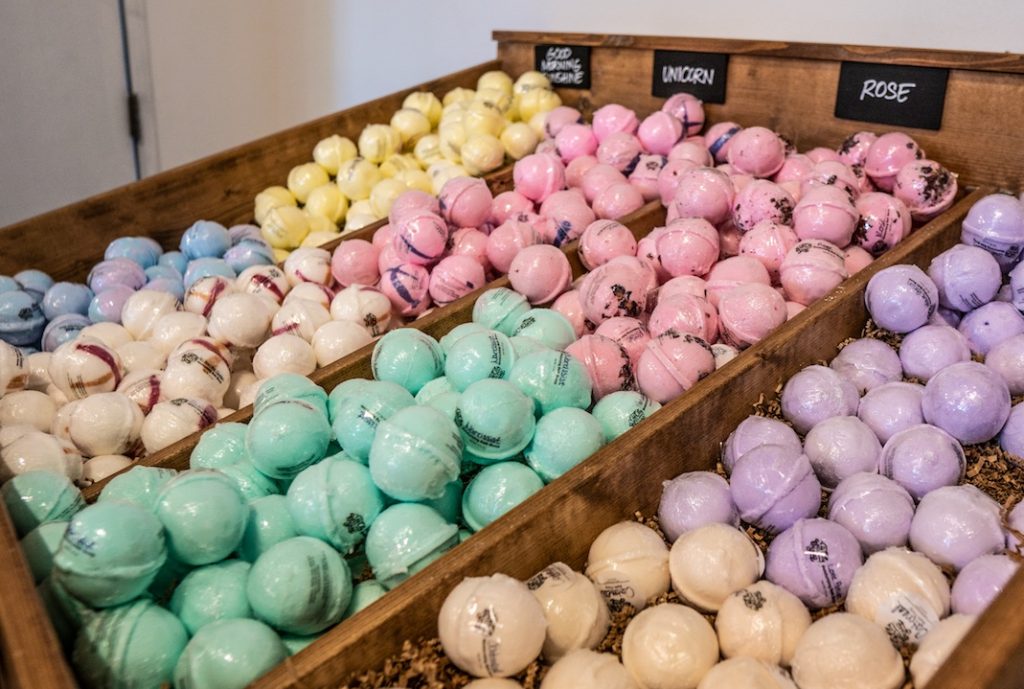
Following a $100,000 branding exercise, Kellum settled on the name Buff City Soap. It’s a reference to Memphis, nicknamed Bluff City, and the function of soaps. Buff City Soap’s improved store design relies heavily on wood and white to let the colors of the soaps stand out rather than bombard customers with overwrought interior aesthetics.
Today, Buff City Soap has locations in Colorado, Kentucky, Florida and Alabama in addition to Mississippi and Tennessee. The investment to open a Buff City Soap store for a franchisee ranges from $235,000 to $320,000. Kellum reports it’s sold 16 multiunit franchises and 300 franchise applicants are pending. Buff City Soap’s revenues are on track to hit about $8 million this year, more than double its revenue total last year.
“We are trying to change the way people buy their everyday soap. That’s my goal. I’m going to do that by offering a plant-based alternative at a real people price point.”
The heart of Buff City Soap’s concept is a butcher-block bar inside the stores dubbed the Soap Makery. Everything in the stores is made at the Soap Makery. Buff City Soap sells 20 varieties of Buff City Soap basic preservative-free soaps priced at $7 and 20 preservative-free premium soaps priced at $8.50 that step it up a notch with ingredients such as tea tree, activated charcoal and shea butters. Customers can replicate their favorite soap scents in bath bombs, body butters, shower oils and more. Buff City Soap is spreading beyond the bathroom. Sales of its laundry detergent are climbing, and dishwasher soap is on deck.
Discussing Buff City Soap’s in-store manufacturing, Kellum says, “It speaks to the transparency and the genuineness of what we are trying to do. We are trying to change the way people buy their everyday soap. That’s my goal. I’m going to do that by offering a plant-based alternative at a real people price point.”
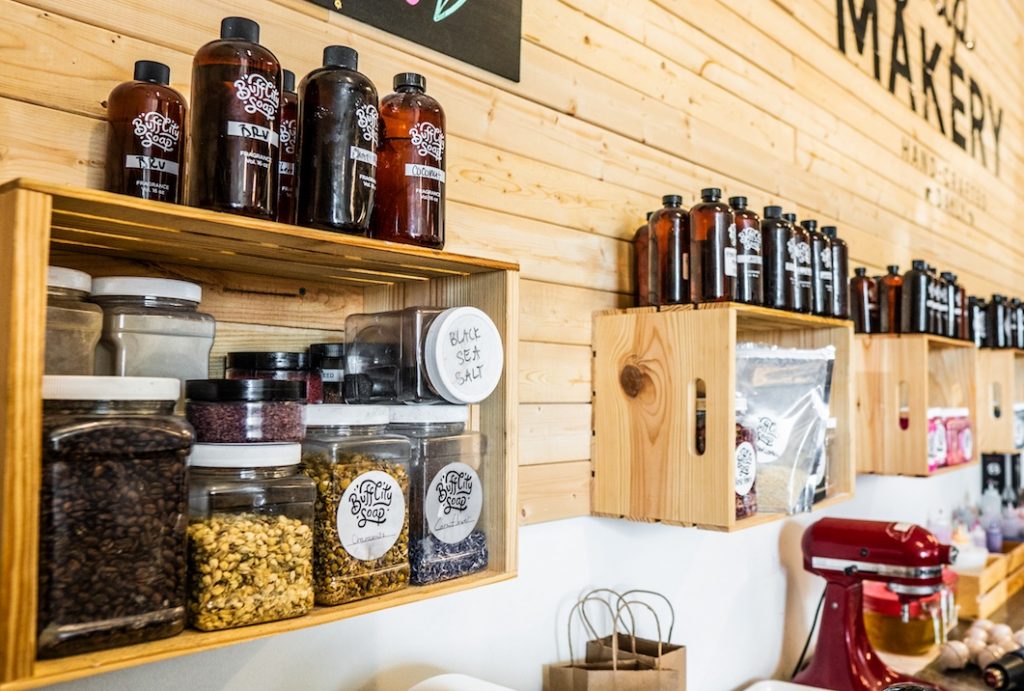
Kellum has toiled to get the soap production process from three hours to a minute for a loaf of soap. Once a franchisee has raw soap-making materials, Buff City Soap sends a team to train employees on the speedy process. A typical store, which is approximately 1,500 square feet, has four to six employees to handle manning the retail floor and churning out merchandise.
The biggest challenge Buff City Soap faces is manufacturing enough soap. Kellum reveals it sells some 52,000 soap bars per week, and there are stores running double shifts to keep up with demand. Another challenge is to identify franchisees that share Kellum’s vision for Buff City Soap. He says, “I’m not going to let someone run it like a convenience store. You have to care about the customer and chasing the perfect soap, and you have to jump in with both feet. It’s a lifestyle, not a job.”
Certainly, Kellum’s job is a far cry from his firefighter days. In his wildest imagination back then, Kellum would have never pegged himself at the helm of a soap store chain. “What a juxtaposition from a firefighter to an attorney to making soaps,” he muses. “The soap business took over my life, and I couldn’t have asked for more.”

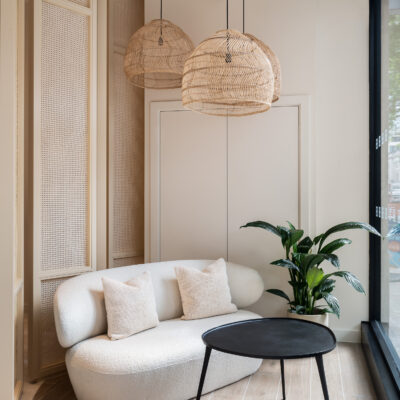
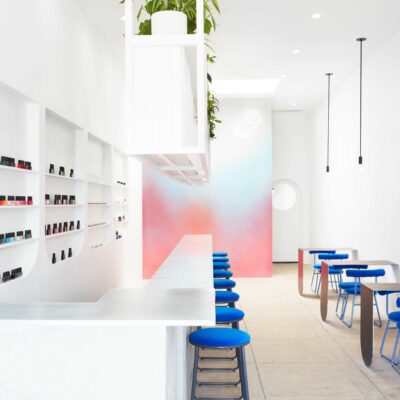
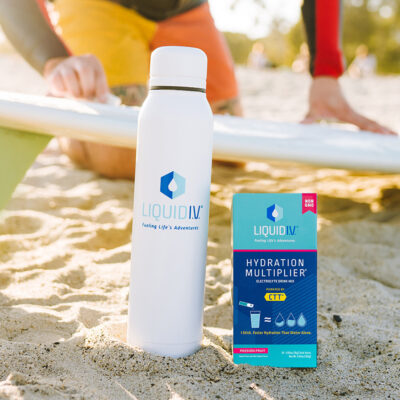

Leave a Reply
You must be logged in to post a comment.